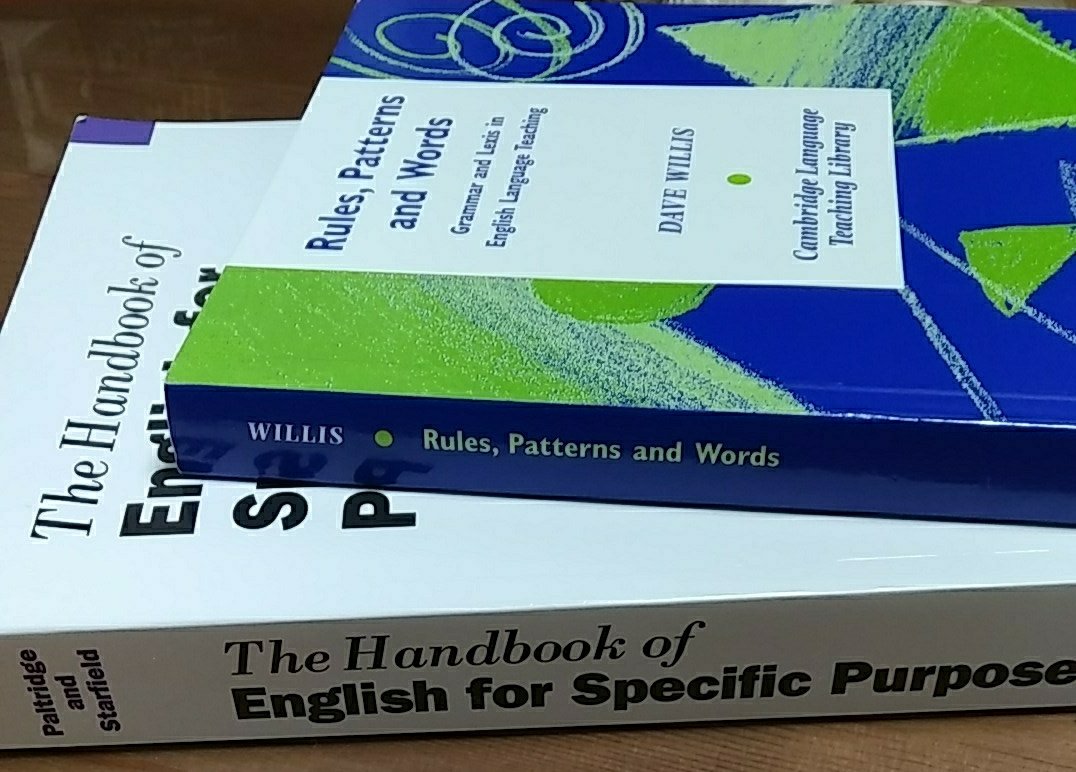
Some of you who know me a bit or have delved in the archives may know that I just finished my MA Applied Linguistics and TESOL (Distance Learning) through University of Portsmouth. Nothing is finalised yet but my work has been marked and in the next couple of months I believe I get a lovely new piece of paper.
Would I do it again? Yes. I loved reading up on stuff I am interested in and then chatting about it. Would my wife let me do it again? Perhaps begrudgingly. There are reasons for her antipathy, none of which are to do with the University of Portsmouth but to do with work-life balance.
My workload (as in paid work) right now is 15 hours university teaching (and does not include planning, preparation or assessment), 16 hours of school teaching, planning, preparation and assessment, and 3 hours thirty minutes of ESP/Business English teaching (not including preparation, planning or assessment). While I was doing my MA, I was teaching 3 to 6 hours less at university but instead teaching 3 hours more Business English, teaching YLs for 7 hours and coordinating YL courses with 2 assigned hours. A colleague told me a couple of weeks ago, “Marc, you should be really proud if you do pass because you have the workload of two full-time lecturers while completing the MA reading and writing.”
I am proud, but I wish I had controlled my work-life balance better, what with having a young son. I also started the MA when I was finishing up the teaching practicum of my Trinity DipTESOL, as well, which was stressful in and of itself. This was not simply unwise but totally stupid and irresponsible. I did all of it by sacrificing family life, mainly by burning the candle at both ends.
Why did I do it, then? I am not a pretty paper collector. I am stuck in a situation where I need money and it needs to go up quite often seeing as I have basically no pension, not really enough savings, and there are social norms in Japan about extra-curricular stuff that costs the kind of kind of money I will probably start to balk at come April. I can talk about the inherent edification of completing work above my comfort zone, and it is a huge factor in what got me through. Learning stuff is fun, kind of. However, I have to at least be a bit utilitarian. MA is basically the new BA. Perhaps I even understate it.
I also work for four different employers, plus myself. I am tired of this. I would love a full-time job that pays a similar amount to my current earnings, after taking into account the social insurance differences and such. Unfortunately, there’s a bit less job security there unless I were to chance upon a tenured position immediately. This is as likely as discovering a magic lamp at the bottom of my bag. However, an MA makes the probability of this at least a sporting chance. It also means that I can move countries if I absolutely have to. It also means that I can advertise my services as that of an expert rather than as a journeyman, and get more money for them. Alternatively, it means I can find better paying part-time work.
Anyhow, studies are finished, kind of. I just have to wait. My dissertation supervisor said in an email, “you should follow up on this research.”
“Hey, let’s move to New Zealand! I’ll do a PhD!” I said, in the mania of knowing I passed everything as opposed to the gnawing fear that I had failed. Also, I am a workaholic, which is definitely not a good thing but a side effect of impulsive decision making.
“Do they have good trains?” my son asked.
“Eh?” asked my wife, with the stoniest stare since Medusa. “No.”
So, not quite that. Instead, I am doing stuff, sort of a long-term research project come side business thing that I hope to use as a PhD by publication in the next few years, to increase the chance of finding a permanent, well-paid, full-time job (don’t laugh, PhD holders; I did say ‘chance’) . Luckily I have good library access with my jobs.
In the meantime, I am trying to find time to transform my dissertation into a research article and figure out how to get my jobs to let me use students as research subjects or else find time to get volunteers for research. Or get the time to try finding a magic lamp.






